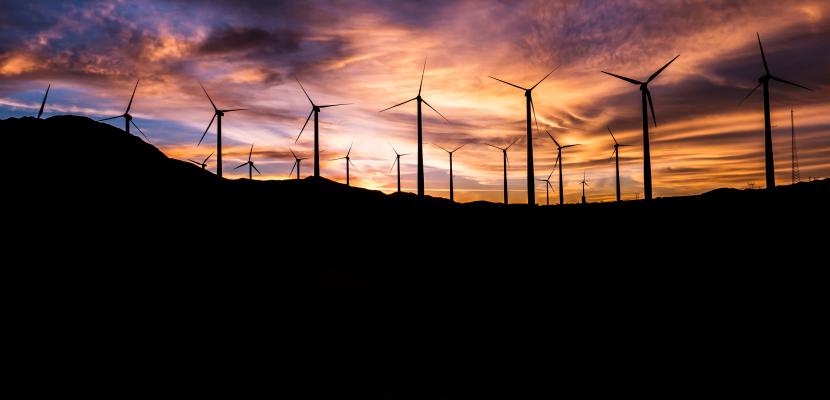Image

Heat-Smart Orkney (HSO): Using Wasted Renewable Energy to Heat Homes Experiencing Fuel Poverty
Published on 02 March 2021

United Kingdom
North Eastern Scotland
This is the good practice's implementation level. It can be national, regional or local.
About this good practice
Levels of energy poverty in Orkney are high due to long heating seasons, stagnating wages and high energy costs (63% in fuel poverty, 85% of elderly people). Despite community wind turbine ownership, this is often switched off due to low grid capacity so potential energy is wasted. Climate is harsh, cold and windy. Many inhabitants heat their homes using primary fuels such as oil, coal and wood burners. A Heat Smart “VCharge” system, connected to the local grid, identifies when a specific turbine is being curtailed (switched off due to overloading in the national Grid), which signals to the Heat Smart system to switch on the local heating systems. The turbine is then able to keep turning, diverting this energy into the Heat Smart system, which charges domestic storage heaters, hot water cylinders or thermal stores in local homes. Provides smart linking of demand and generator. Main beneficiaries are local homes experiencing fuel poverty.
Resources needed
£1.3m (€1.475m) awarded by Scottish Government Local Energy Challenge Fund. 3 new jobs created. Heat-Smart technology installation
Evidence of success
The income generated for the participating generator, by the turbine turning when it would have otherwise been switched off was used to rebate the cost of running the heating systems, thus providing affordable warmth for vulnerable consumers. 70 households benefitted, and the renewable energy used displaced the burning of 8,000 kg of coal and wood over the project time frame. The community will continue funding the project as it is showing live-matching as a business-as-usual activity.
Potential for learning or transfer
Replicability where there is no additional grid capacity for renewable energies, such as in remote locations with low population numbers, or where the grid is weak or restrictive. The learnings from this project have been transferred to two multi-million £ projects based in Orkney which have implications for the rest of the UK, such as ReFLEX Orkney which seeks to optimise storage and distribution of the islands’ renewable energy sources, and to allow heat, transport and electricity to be managed holistically, and to stop importing carbon intensive energy from the mainland of Scotland.
Further information
Website
Good practice owner
You can contact the good practice owner below for more detailed information.
Organisation
Heat Smart Orkney Ltd

United Kingdom
North Eastern Scotland
Contact
